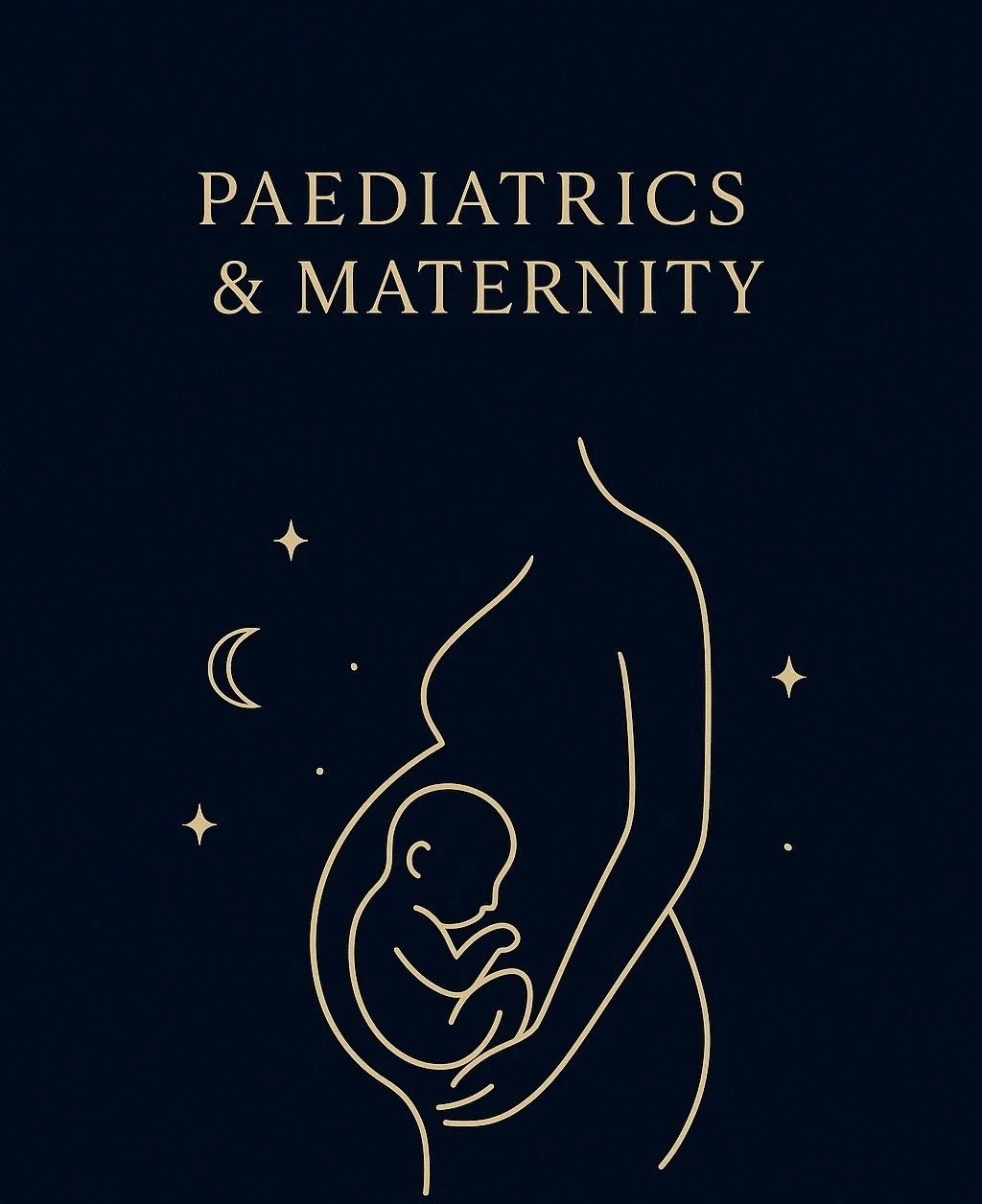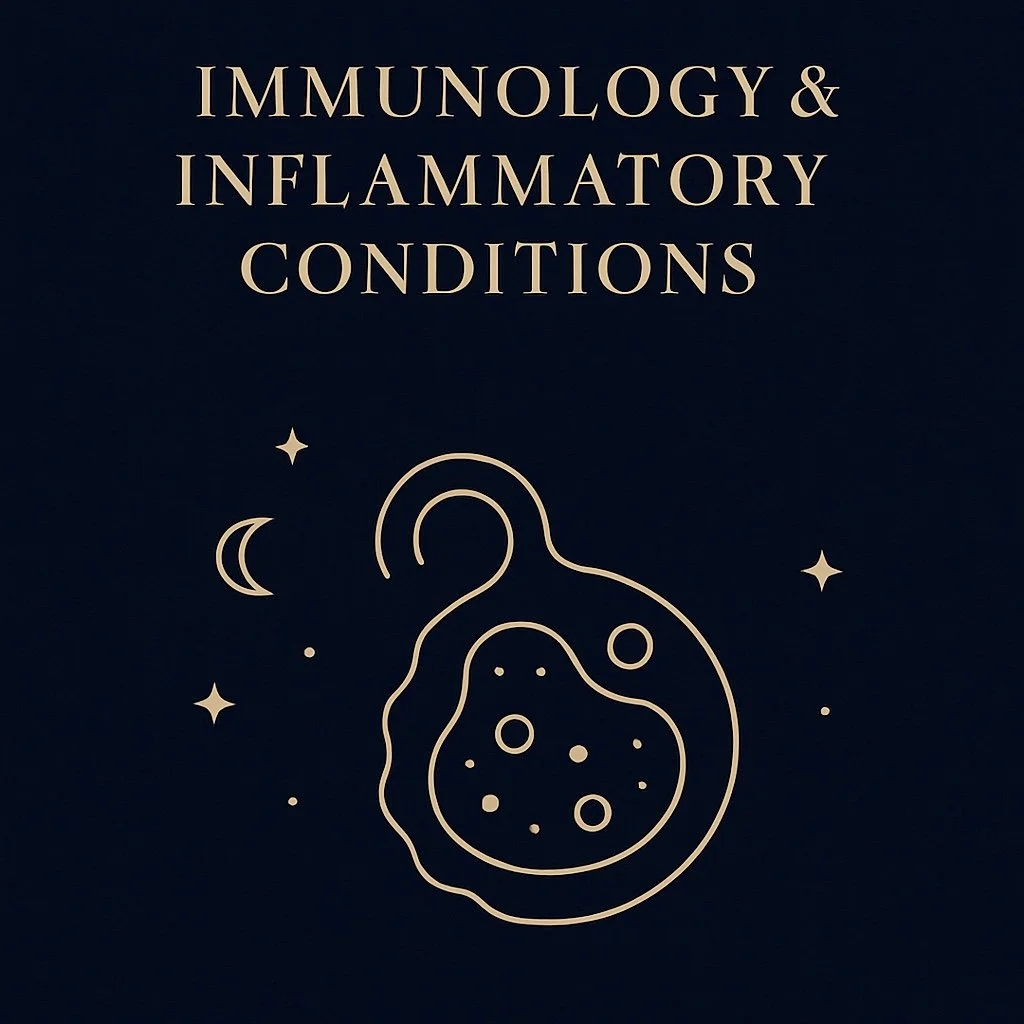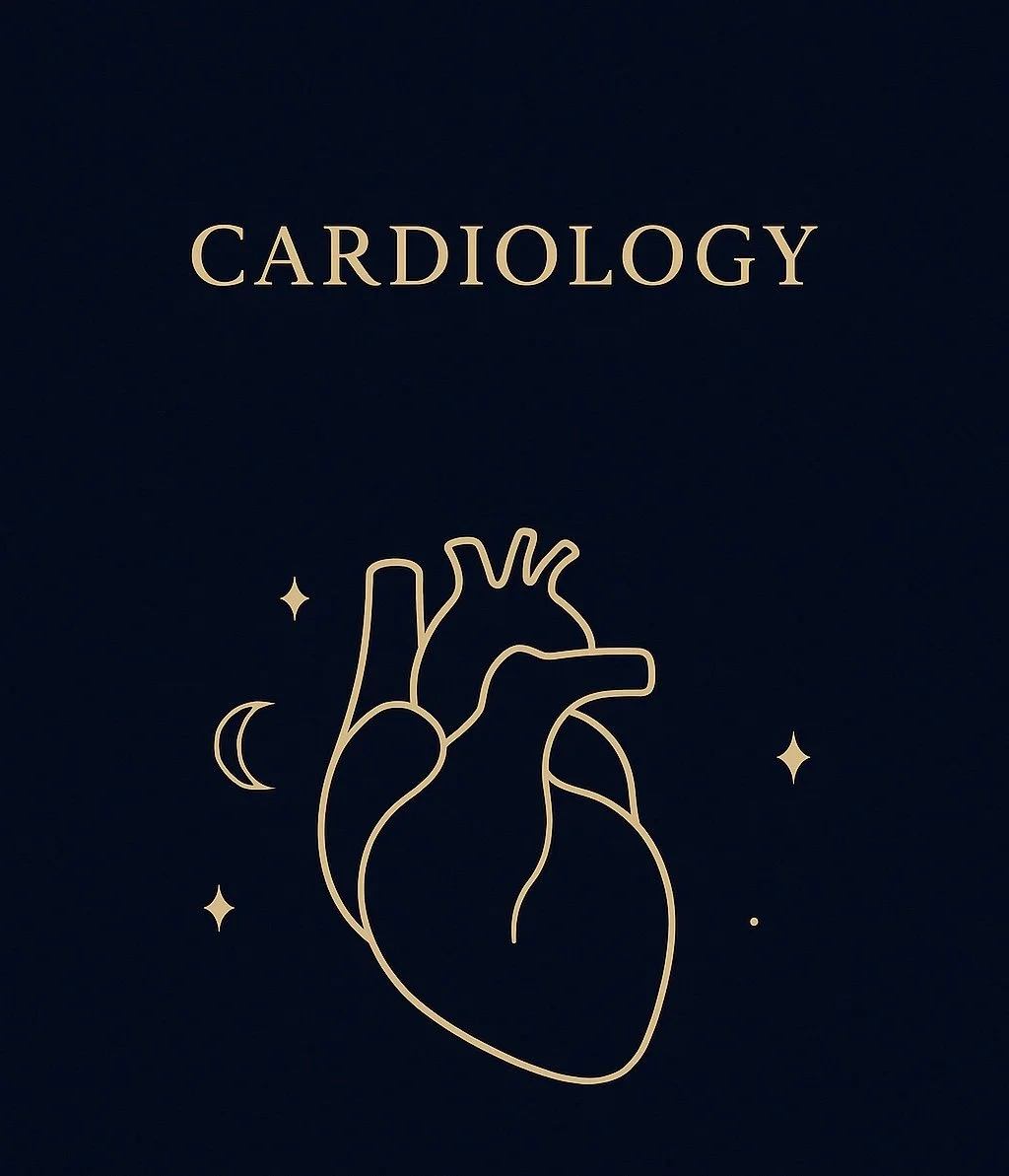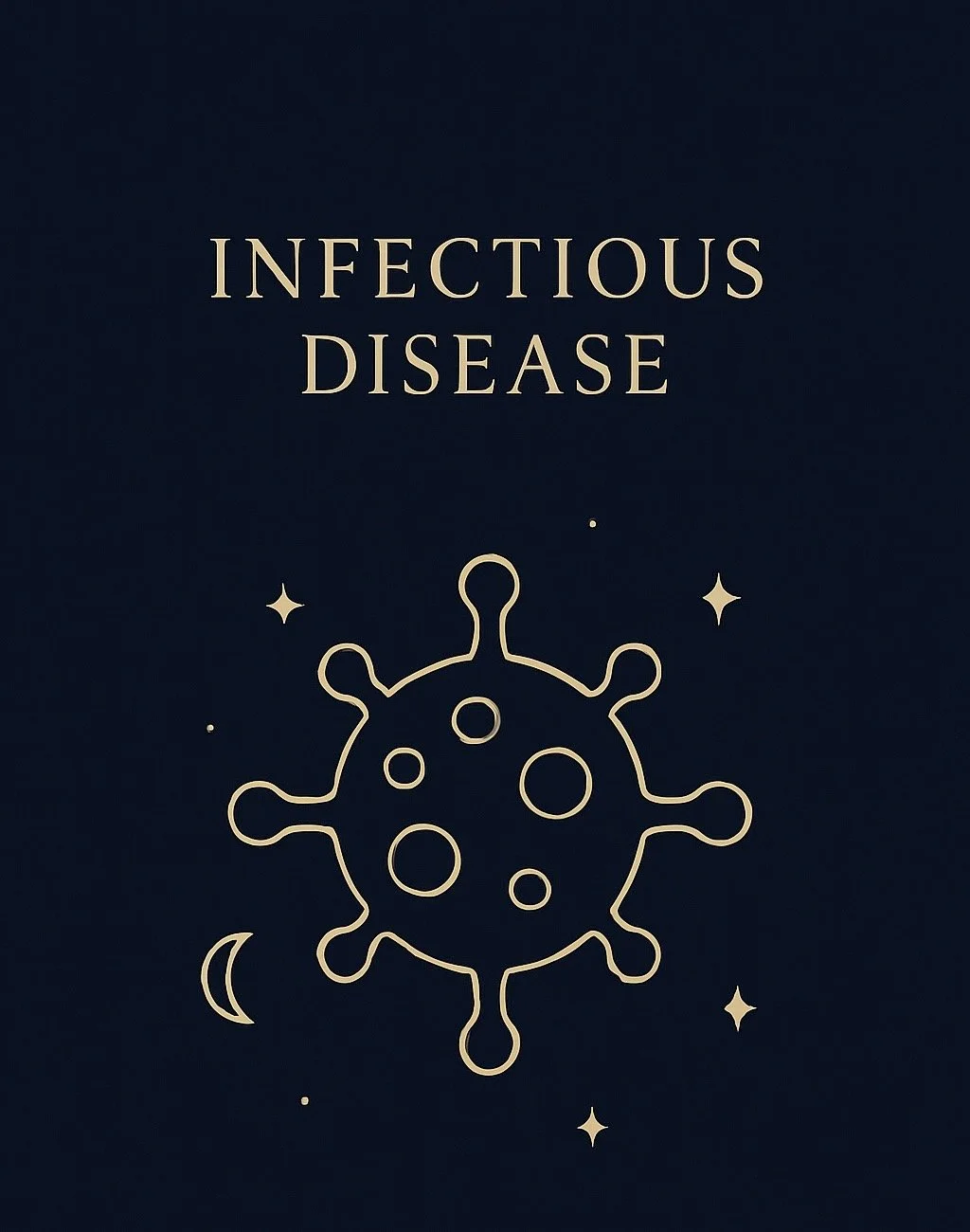Why Research?
Research is the engine behind every medical breakthrough — from life-saving treatments to everyday diagnostics. It transforms uncertainty into evidence, one study at a time.
Clinical research doesn’t just ask the right questions — it tests real-world answers. It’s how we ensure that new treatments are safe, effective, and truly make a difference.
At University Hospitals Sussex NHS Foundation Trust, we only take part in studies that meet strict regulatory, ethical, and data protection standards — including HRA, REC, MHRA, NIHR, GCP and GDPR compliance. You can find more details on these in the FAQs below.
As a Clinical Research Practitioner Apprentice, I’ve supported a variety of studies across different specialities — from recruitment and data collection to governance and trial delivery. I’ll be sharing a few selected studies I’ve been a part of that I think Mind-Melded readers may find interesting — just click the images below to explore.
Want to take part in research? Reach out to your local hospital’s Research & Development (R&D) Team — they’re the best source of information about current studies running at their site and how to get involved. You can also visit Be Part of Research, the official NIHR platform, to explore studies across the UK.
You don’t have to be a scientist to make a difference. Research is people — and you might be one of them.
FAQs
-
Clinical research helps us improve patient care by testing whether new treatments, procedures, or approaches are safe and effective. It’s the bridge between scientific discovery and real-world healthcare — helping turn ideas into evidence-based practice.
-
Before any research study goes ahead, it must be reviewed and approved by national regulatory bodies:
The Health Research Authority (HRA) for governance and permissions
The Research Ethics Committee (REC) for ethical approval
The Medicines and Healthcare products Regulatory Agency (MHRA) for studies involving medicines or medical devices.
These approvals ensure that research is legal, ethical, and designed to protect participants.
-
Good Clinical Practice (GCP) is an international ethical and scientific quality standard for designing, conducting, and reporting clinical trials. At University Hospitals Sussex NHS Foundation Trust, all research staff involved in consenting participants or delivering studies must complete GCP training every two years — in line with NIHR standards.
-
The National Institute for Health and Care Research (NIHR) supports and funds health and social care research in the UK. It helps make sure that research is relevant, high quality, and accessible across NHS organisations.
-
All research at University Hospitals Sussex NHS Foundation Trust complies with the UK General Data Protection Regulation (GDPR) and the Data Protection Act 2018. This means participant data is handled lawfully, fairly, and transparently — with strict safeguards to protect privacy and confidentiality.
-
I work as a Clinical Research Practitioner Apprentice, supporting the delivery of clinical trials across various specialities. This includes helping with governance, study setup, patient recruitment, and data collection — all while ensuring the research runs ethically and smoothly within NHS standards.
-
As a Clinical Research Practitioner (CRP) Apprentice, I’m working and studying at the same time — gaining hands-on experience within the NHS while completing a Bachelor of Science degree in Applied Biological Sciences, specialising in Clinical Trials.
The apprenticeship has given me the opportunity to experience a wide range of clinical specialities, by shadowing staff and helping with participant recruitment across different studies. I’ve also had the chance to work in our laboratories, where I processed blood samples for research studies. I’ve shadowed and observed the broader lab processes across different departments, developed practical skills like venepuncture, and gained exposure to the full lifecycle of research delivery.
In addition to my CRP role, I was also trained as a Clinical Trial Facilitator, which involves the setup and management of clinical studies — from reviewing protocols and amendments, to coordinating approvals, monitoring study progress, and eventually overseeing study closure and archiving. This dual experience has given me a deeper understanding of both the operational and clinical aspects of research.
-
Yes. On Mind-Melded, I’ll be sharing insights into studies I’ve supported — what they involved, what stage they were in, and what made them important or meaningful. I’ll aim to explain the science behind them in a way that’s accessible and engaging.
You can find these studies listed above, grouped by clinical area — each one with its own dedicated section. I’ve also indicated my role in each study to give a clearer picture of how I was involved.
-
If you’re interested in participating, please contact your local hospital’s Research & Development (R&D) Team. They can tell you what studies are currently recruiting and whether you’re eligible. I’ll also link to selected live studies from our Trust, but for the most accurate and up-to-date list, your local hospital’s R&D team is the place to start.
-
Not necessarily. Many studies also need healthy volunteers — so whether you’re living with a condition or not, your contribution could make a real difference.
-
Not at all. Clinical research in the UK is highly regulated, and participant safety is always the top priority. Every study goes through strict ethical and legal checks before it can begin, and no one is ever asked to take part without full, informed consent.
Participants are valued partners in research — not test subjects. Whether the study involves a new treatment, a questionnaire, or a sample collection, you’ll always know what’s involved, and your rights and wellbeing will be protected at every step.
-
Yes — absolutely. Taking part in research is completely voluntary, and you can withdraw at any time, for any reason, without it affecting your medical care or relationship with the clinical team. You’ll always be told how to withdraw, and what happens to your data or samples if you do.
-
It depends on the study. Some offer payment or reimbursement (like travel expenses or time compensation), while others do not. You’ll be told clearly before you agree to take part whether there’s any payment involved — and it’s always your choice to say yes or no.
-
After a study ends, all the data collected is carefully analysed to understand the results — including whether the treatment or intervention worked, how safe it was, and what the overall outcomes were.
Researchers are usually expected to publish a summary of the results within 12 months, often in a format that’s easy to understand (called a lay summary). Participants can usually choose whether they’d like to receive the results once available.
Many studies are also written up as academic journal articles, though these can take longer to publish and may not always be open access. You can track a study’s progress and check for result summaries through official websites like ClinicalTrials.gov, ISRCTN, or Be Part of Research.








